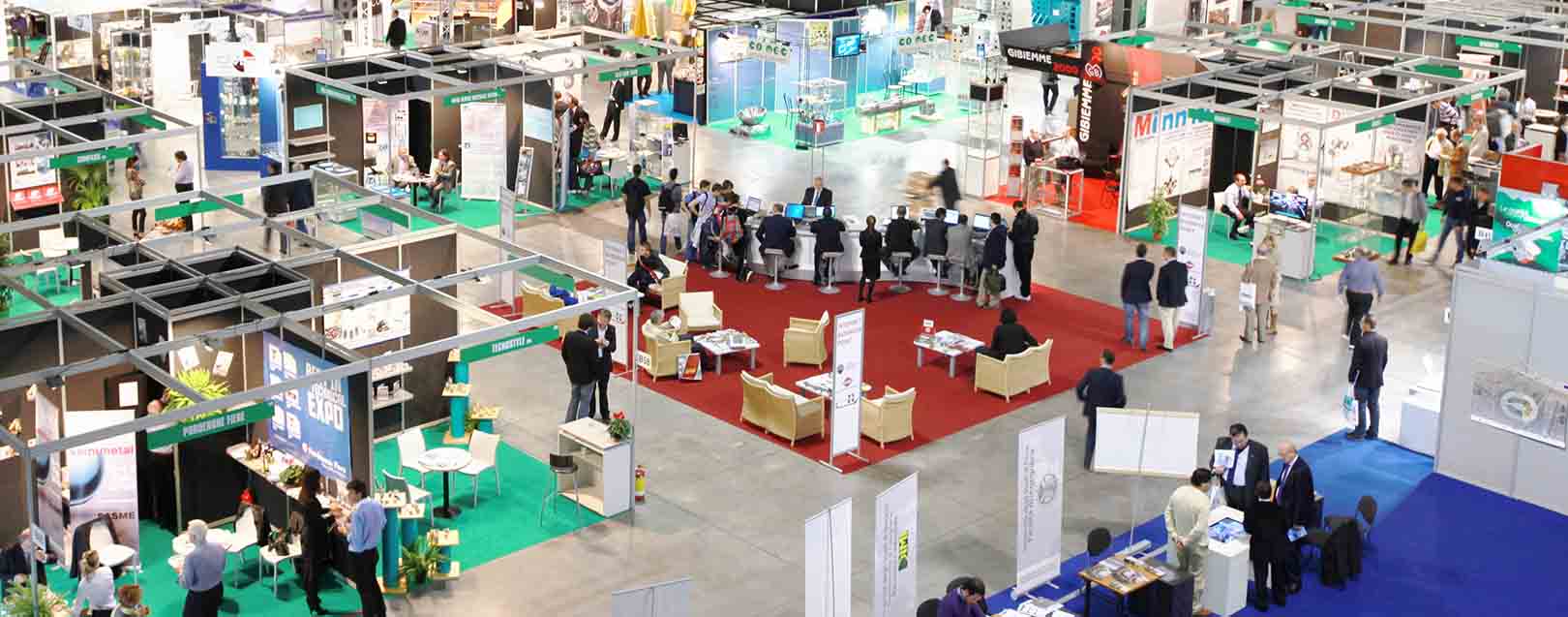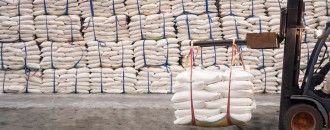
DeitY eyes Hannover trade fare for investments
Aimed at bringing in more investment and establish foreign collaboration in fields of Electronics and Information Technology, government is focusing on global IT trade fare -CeBIT 201, being held in Hannover, Germany. CeBIT, being held from March 14-18, 2016, will have Aruna Sharma, Secretary, Department of Electronics and Information Technology (DeitY) as a representative from the Indian side, where she is expected to present a case to woo investors towards Indian Electronic and IT sectors. “Aruna Sharma is leading a government -industry delegation to participate in CeBIT 2016," DeitY reportedly said. The delegation includes key officials from Central & State governments and also key executives from the Information & Communications Technology (ICT) companies. This step is part of India’s target to attract an investment of $100 billion by 2020 in the Electronic System Design & Manufacturing (ESDM) segment, under the Make in India program. According to the National Policy on Electronics (NPE 2012), Indian electronics industry is expected to reach a market demand of $400 billion by 2020. However, according to Ministry of Commerce(MoC), the domestic production can cater to a demand of $100 billion by 2020, at the current growth rate. Meanwhile, government has been taking various steps to boost electronic manufacturing in the country. It is noteworthy that promotion of electronic hardware was one of the pivotal flagship under ‘Digital India’ initiative. As financial incentives to attract investments in the electronics hardware manufacturing, the government has put in place ‘Modified Special Incentive Package Scheme (M-SIPS)’, which provides subsidy for investments in capital expenditure: 20% for investments in Special Economic Zones (SEZs) and 25% in non-SEZs. A scheme - Electronics Manufacturing Clusters (EMC) Scheme, was also introduced for creating world-class infrastructure in electronics manufacturing. Besides, a policy for providing preference to domestically manufactured electronic products in Government procurement is under implementation. According to an MoC data, import value of electronics goods ($31.06 billion) was lesser than that of petroleum products ($68.20), during April-December, 2015.
March 14, 2016 | 04:30pm IST





 to success.
to success.